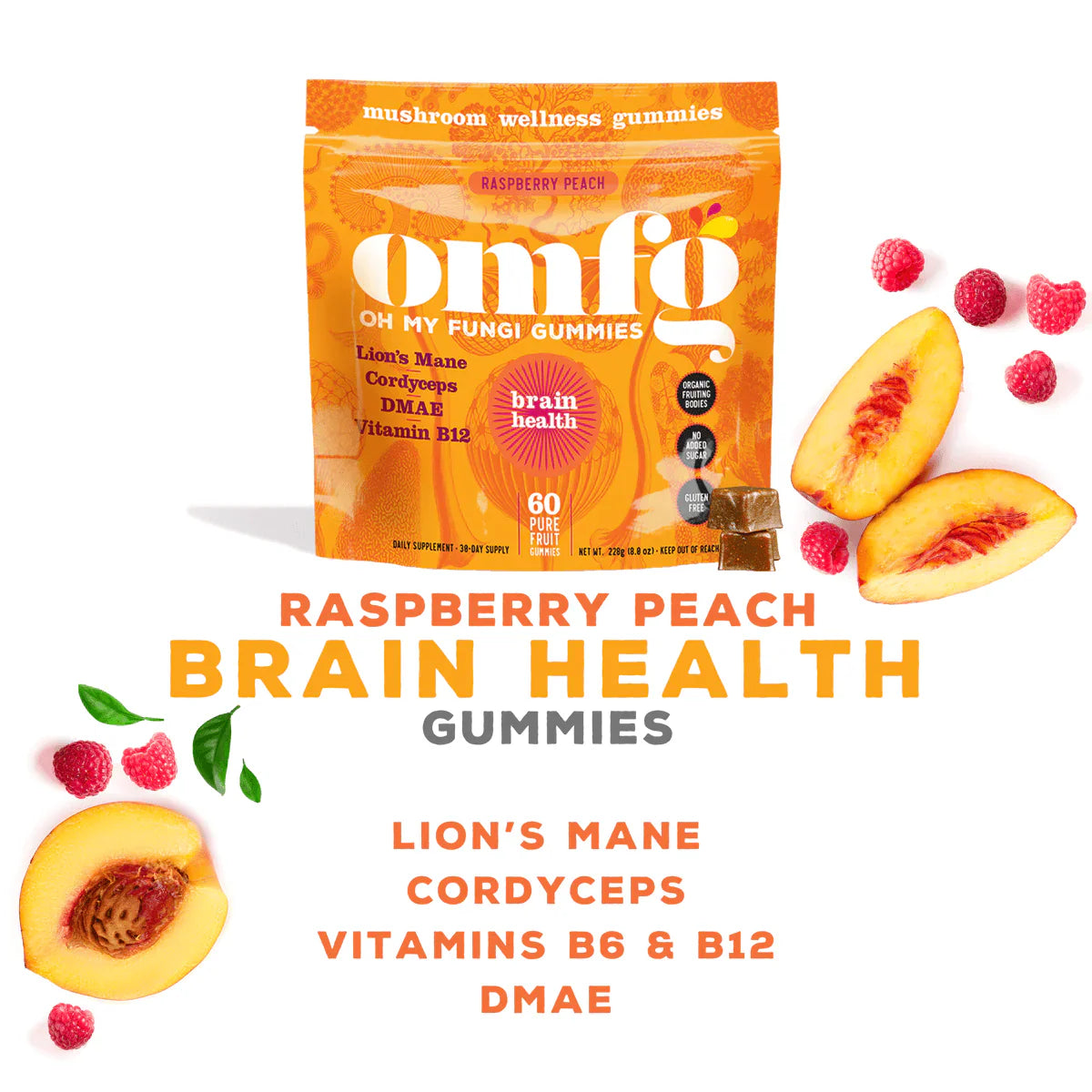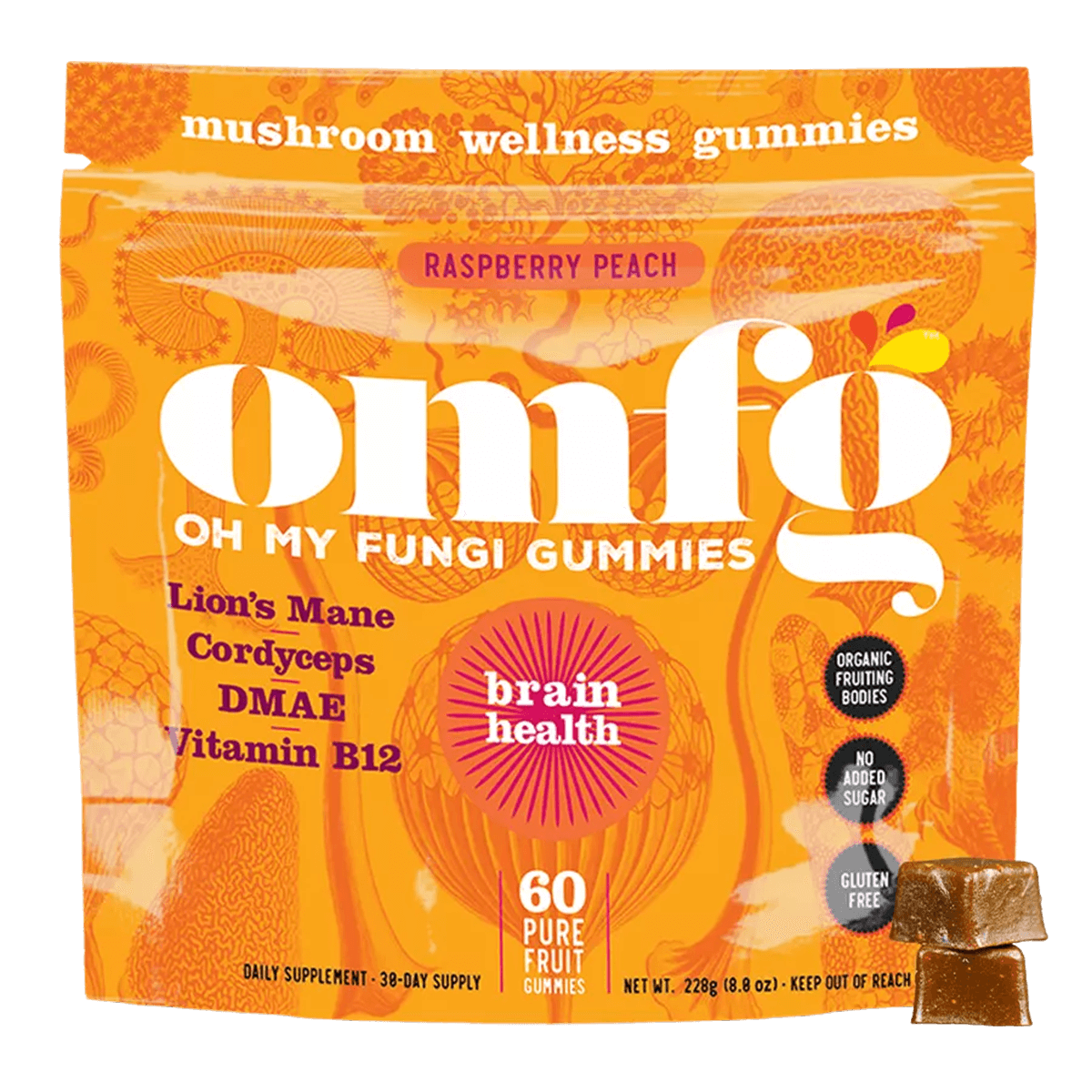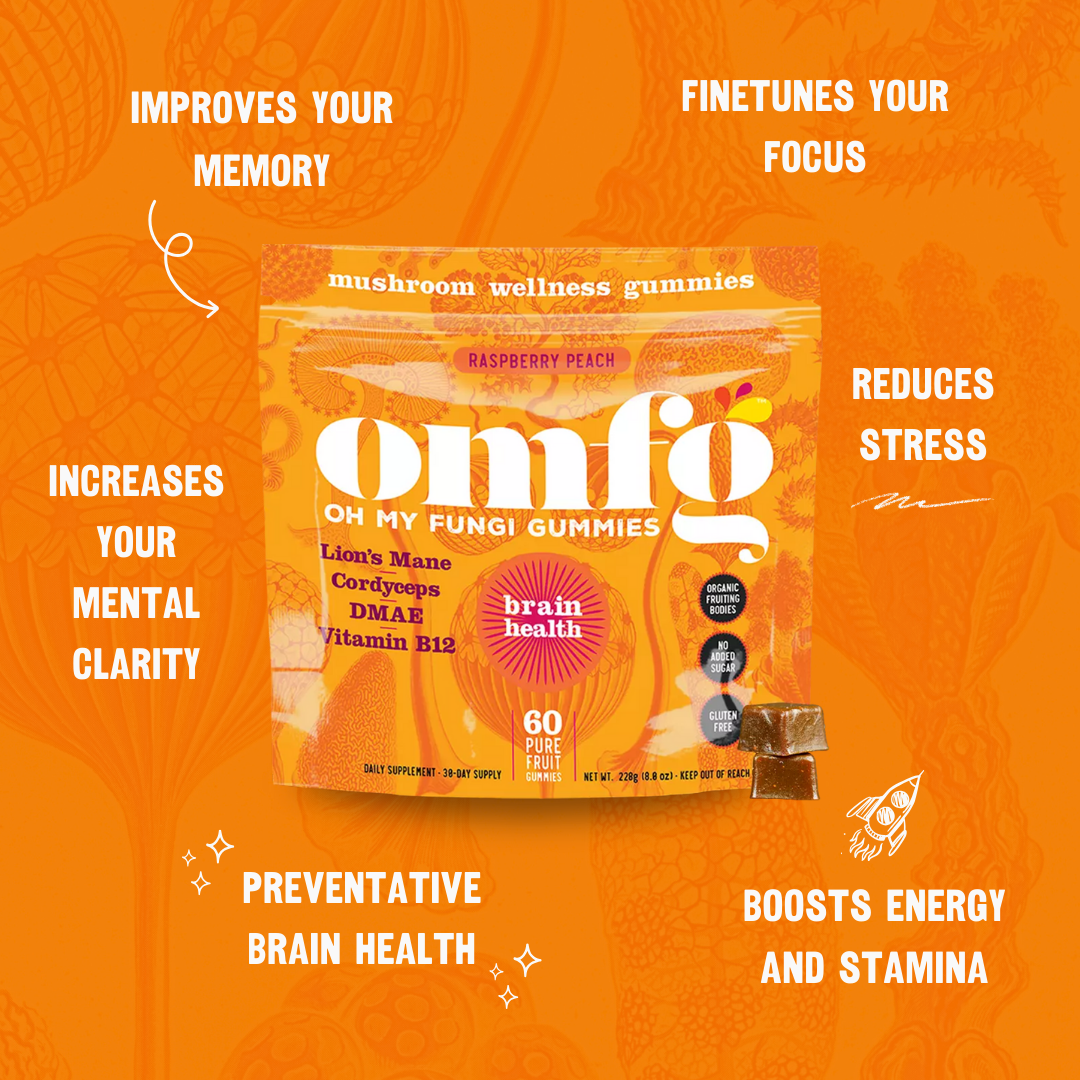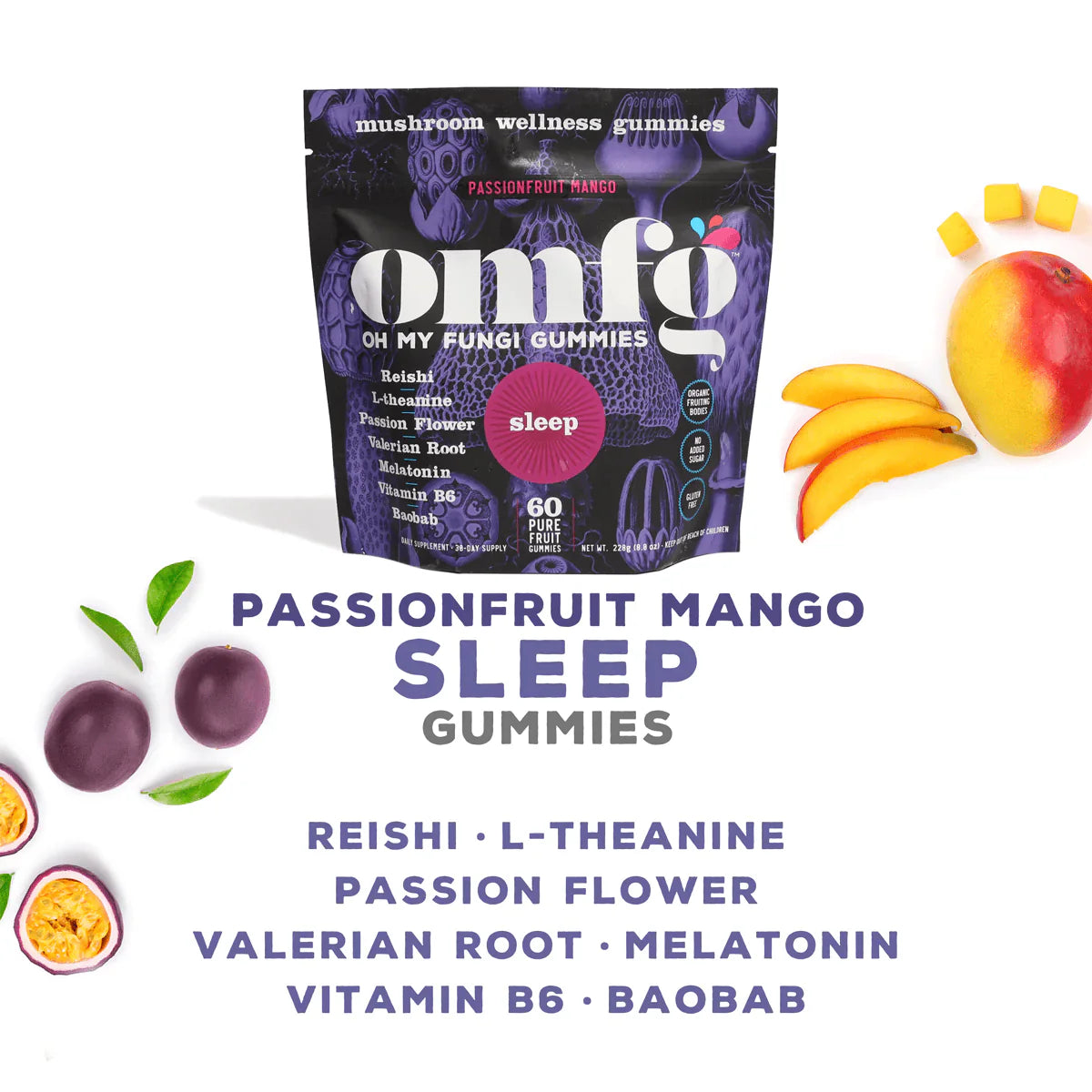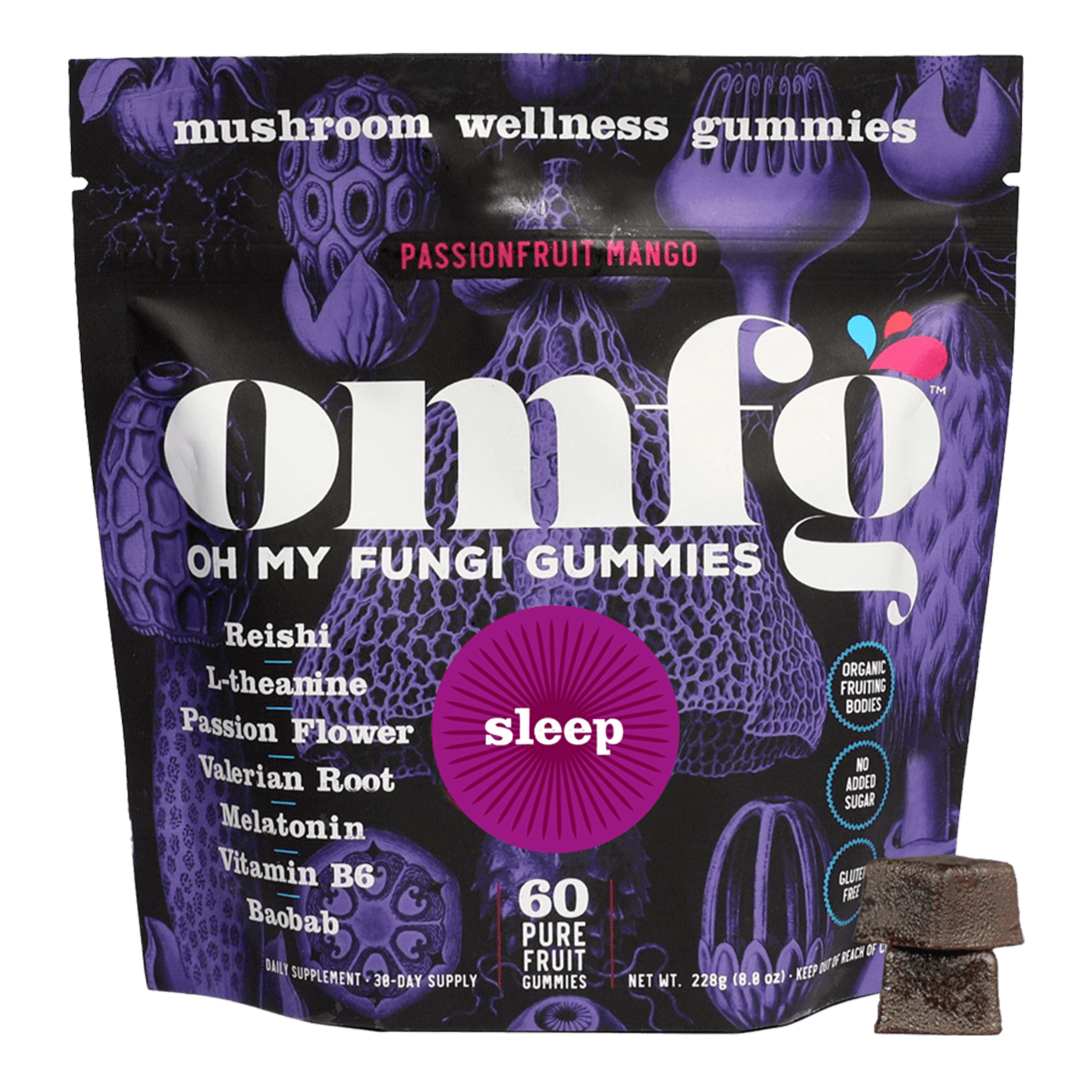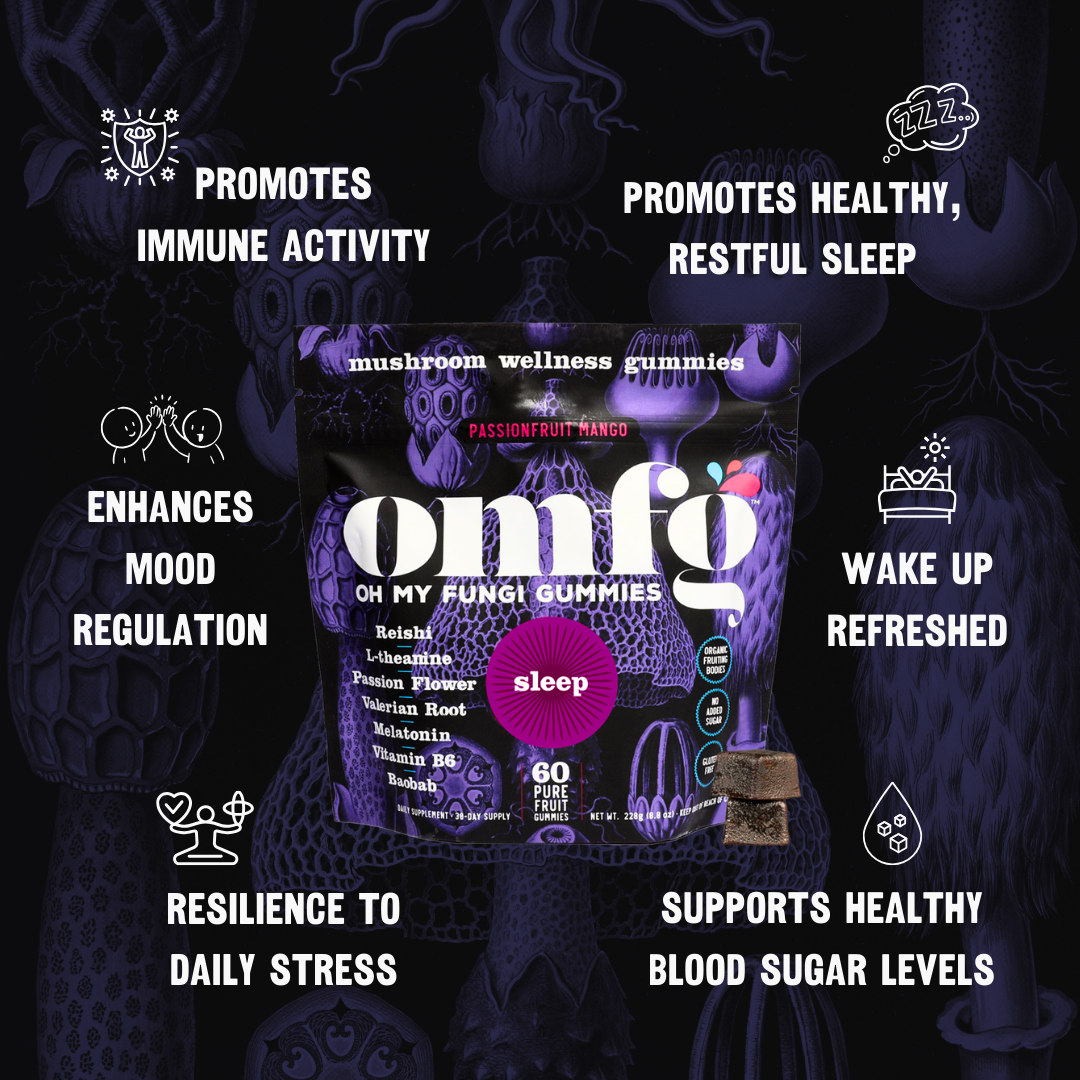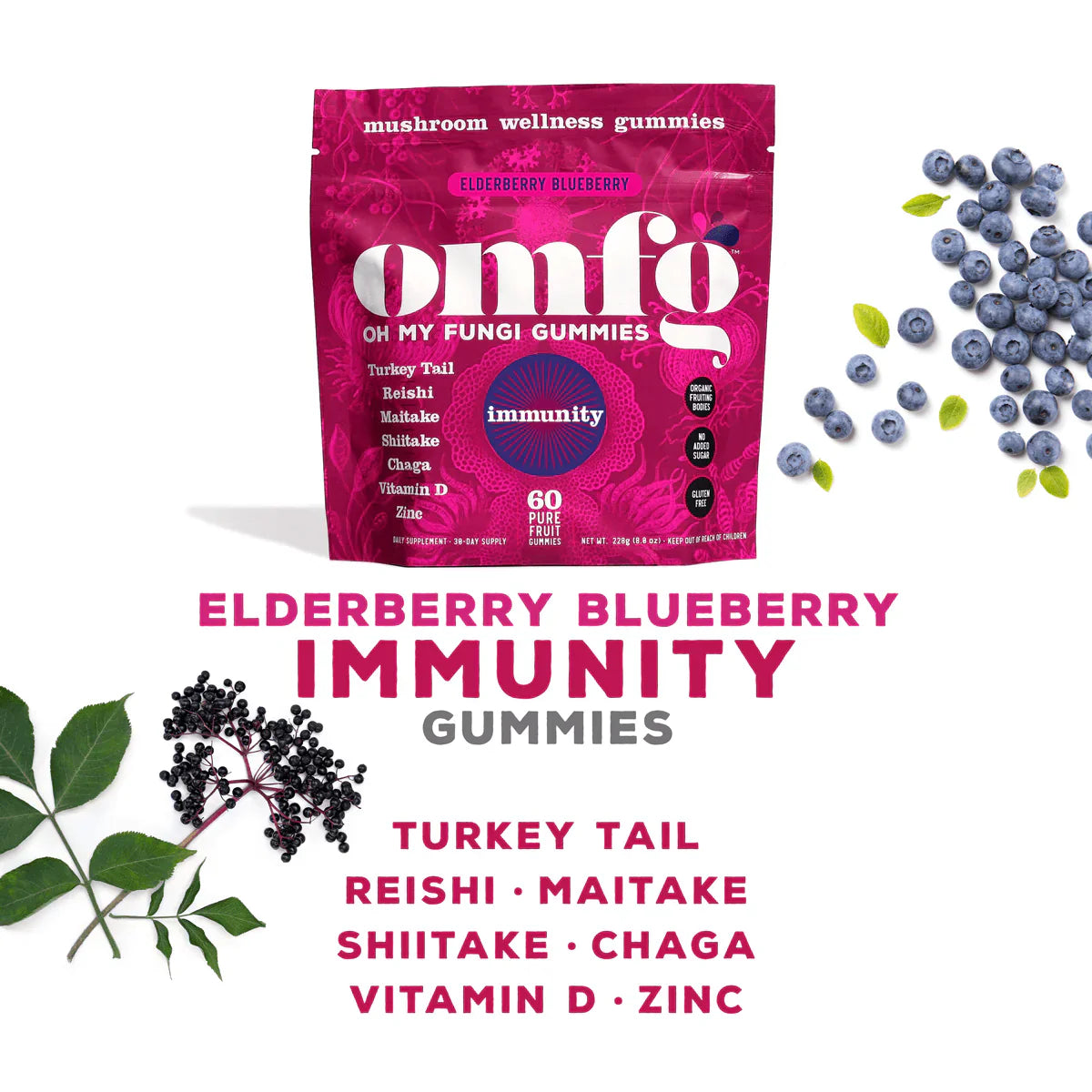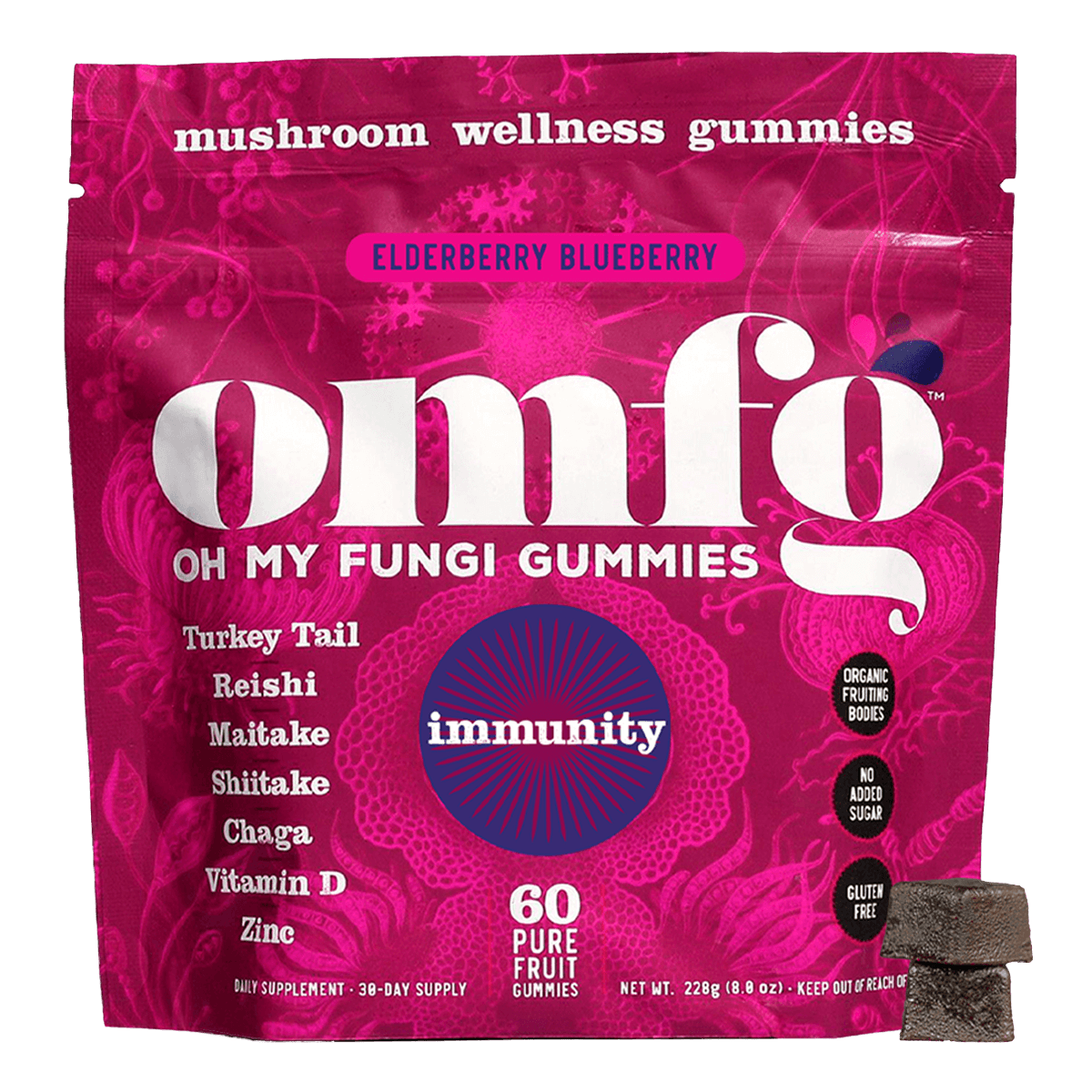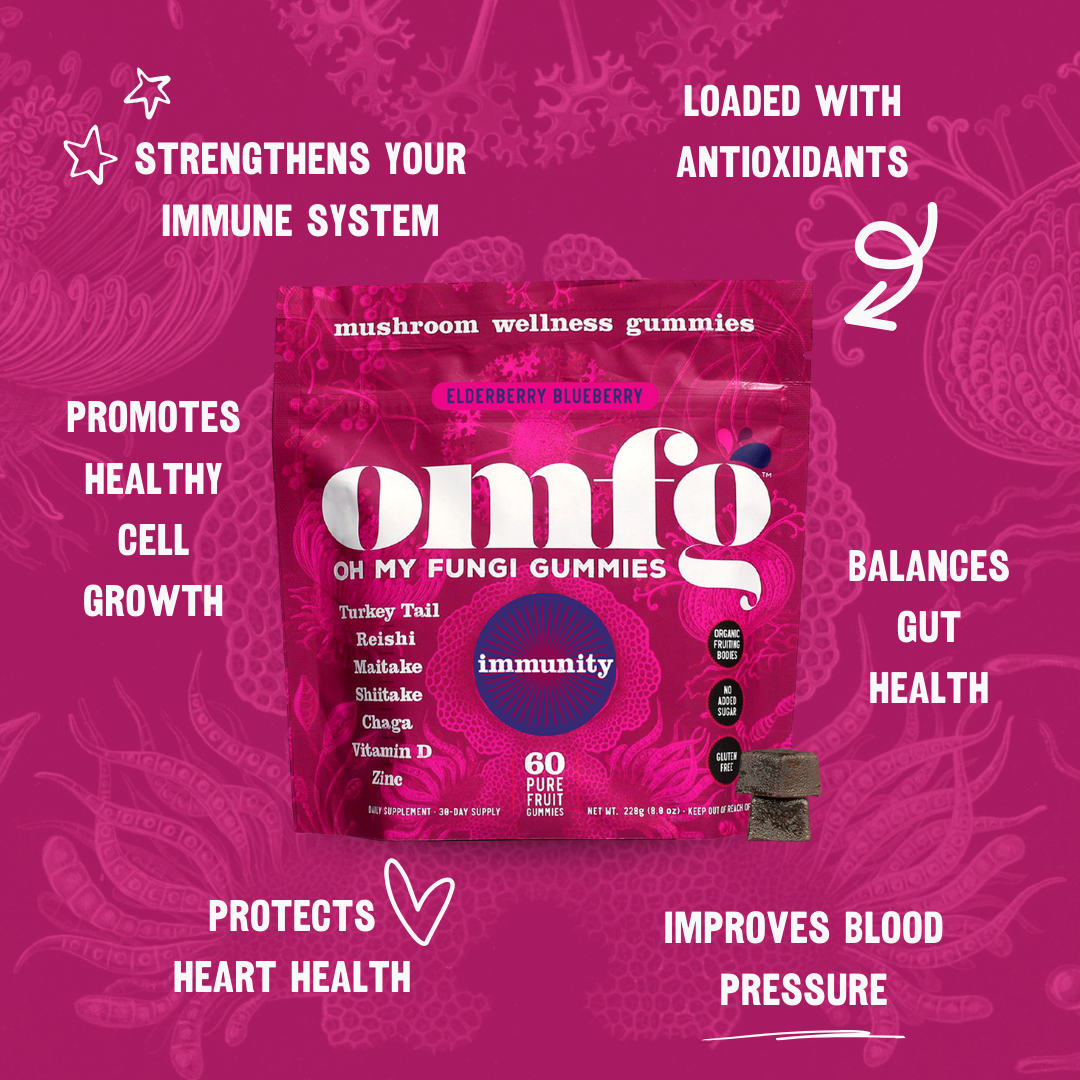Did you know that practicing gratitude doesn’t just feel good, but scientific research tells us that it also comes with a whole host of benefits, such as:
- Lessening anxiety and depression
- Improving heart health
- Supporting healthy sleep
- Combating stress
- Improving brain function
- Reducing pain
'It is not joy that makes us grateful; it is gratitude that makes us joyful.'
- David Steindl-Rast
It's true-gratitude is good for your health, both mental and physical.
As we begin our headlong tumble into the holiday season, starting with the holiday that has gratitude literally baked into its name, the origins of Thanksgiving may not be mutually agreed upon and might even be triggering to some, but what it has come to represent to many is a time to come together with loved ones, celebrate our good fortune with a feast, and appreciate time together (in an ideal world, anyway).
Gratitude can support positive mental health and mood
Gratitude has been called a 'natural antidepressant.' With both the expression of gratitude and the act of giving thanks, the production of the 'feel good' neurotransmitters, serotonin and dopamine, are stimulated. This seems like a no-brainer mood booster, right? Research also tells us that trying to pick out three small things a day for which you are grateful can stave off depression and make us generally happier. Try it. You'll be amazed. And even on the worst of days, there is always that hummingbird or that small kindness to be grateful for.1,2
Gratitude can improve sleep
In scientific studies using brain imaging techniques, the emotion of gratitude lights up certain regions of the brain, including the almighty hypothalamus, which among other things, plays a key role in the regulation of sleep/wake cycles.3,6
Gratitude helps to combat stress
A study on gratitude from 2004 demonstrated that participants who kept up a concerted gratitude practice (i.e. the three gratitudes a day) showed a significant reduction in their levels of the stress hormone, cortisol. They were also more resilient to negative experiences.1
'Gratitude for the present moment and the fullness of life now is the true prosperity.'
- Eckhart Tolle
Gratitude reduces pain for some
A study conducted on evaluating the effect of gratitude on physical well-being, indicated that 16% of the patients who kept a gratitude journal reported reduced pain symptoms.1
Gratitude is good for heart health
A research study conducted on 186 Stage B heart failure patients determined through blood tests that patients who were able to express more gratitude had lower levels of inflammation and better heart health. Perhaps this is once again due to the stimulation of the hypothalamus, which also regulates heart rate.4
Gratitude supports brain health
An active and ongoing practice of gratitude creates neural pathways in the brain that will double down on themselves with repetition. As Hebbian law dictates, 'neurons that fire together, wire together.' In other words, your brain can literally be rewired by gratitude, increasing neuron density and neuroplasticity and ultimately resulting in higher emotional intelligence and cognitive capacity.2
Gratitude supports overall wellness
Clinical trials indicate that the practice of gratitude can have dramatic and lasting effects on a person's life. Not only can it lower blood pressure and improve immune function, and help with mood and sleep, but grateful people tend to take much better care of themselves—exercising more, eating healthier, abusing alcohol less, and maintaining loving relationships. 5
'I don't have to chase extraordinary moments to find happiness – it's right in front of me if I'm paying attention and practicing gratitude.'
- Brene Brown
While we are on the subject of gratitude, we would love to suggest that you watch 'Gratitude Revealed' - the new film by the film-maker Louie Schwartzberg of 'Fantastic Fungi' fame. It is a beautiful film that will touch you in all the right ways and will guarantee to light up your brain's gratitude centers.
May we suggest a morning ritual?
Every morning, as you are eating your OMFG Brain Health and Immunity Gummies, we suggest you focus in on what you are looking forward to in the day ahead and 3 things you are grateful for in that moment. The good tasting coffee. The fact that you are able to afford a delicious and healthy breakfast. The call you received from your daughter earlier. The little things all count when we take notice of them. Later in the day, when you are eating your OMFG Sleep gummies, take the opportunity to reflect and be grateful for any good fortune or glimpses of joy from the day.
Remember, gratitude is a practice - the more you do it, the better you get at it, and the more your brain and body will respond favorably!
SOURCES
https://pubmed.ncbi.nlm.nih.gov/17468047/1. https://positivepsychology.com/neuroscience-of-gratitude/#neuroscience
2. https://www.whartonhealthcare.org/the_neuroscience_of_gratitude
3. https://pubmed.ncbi.nlm.nih.gov/17468047/
4. https://news.heart.org/study-gratitude-is-a-healthy-attitude/
5. https://www.heart.org/en/healthy-living/healthy-lifestyle/mental-health-and-wellbeing/thankfulness-how-gratitude-can-help-your-health
6. https://nhahealth.com/neuroscience-reveals-gratitude-literally-rewires-your-brain-to-be-happier/
MEDICAL DISCLAIMER
This content is for informational and educational purposes only. It is not intended to provide medical advice or to take the place of such advice or treatment from a personal physician. All readers/viewers of this content are advised to consult their doctors or qualified health professionals regarding specific health questions. Neither Noble Spore/OMFG Gummies nor the publisher of this content takes responsibility for possible health consequences of any person or persons reading or following the information in this educational content. All viewers of this content, especially those taking prescription or over-the-counter medications, should consult their physicians before beginning any nutrition, supplement or lifestyle program.


